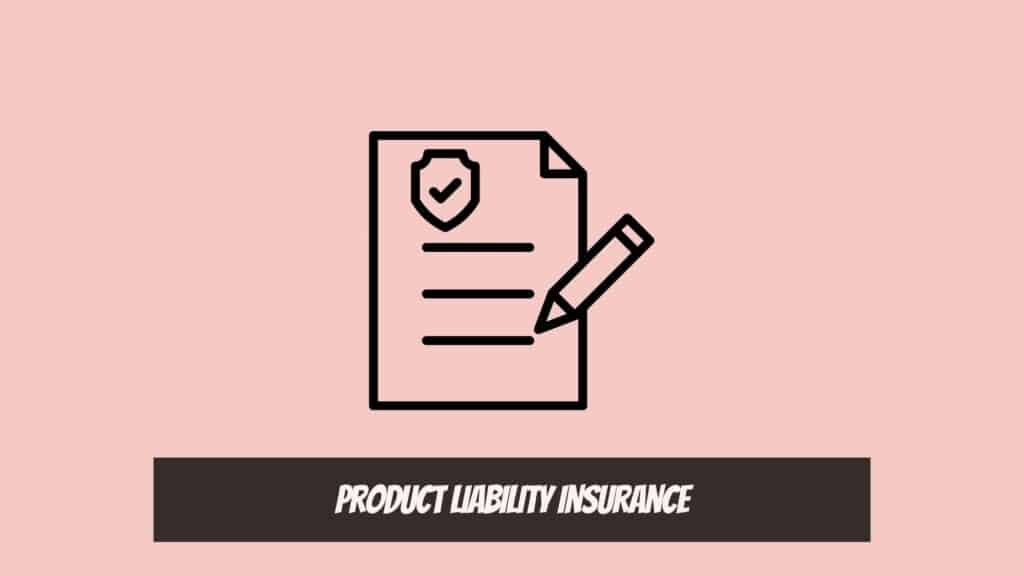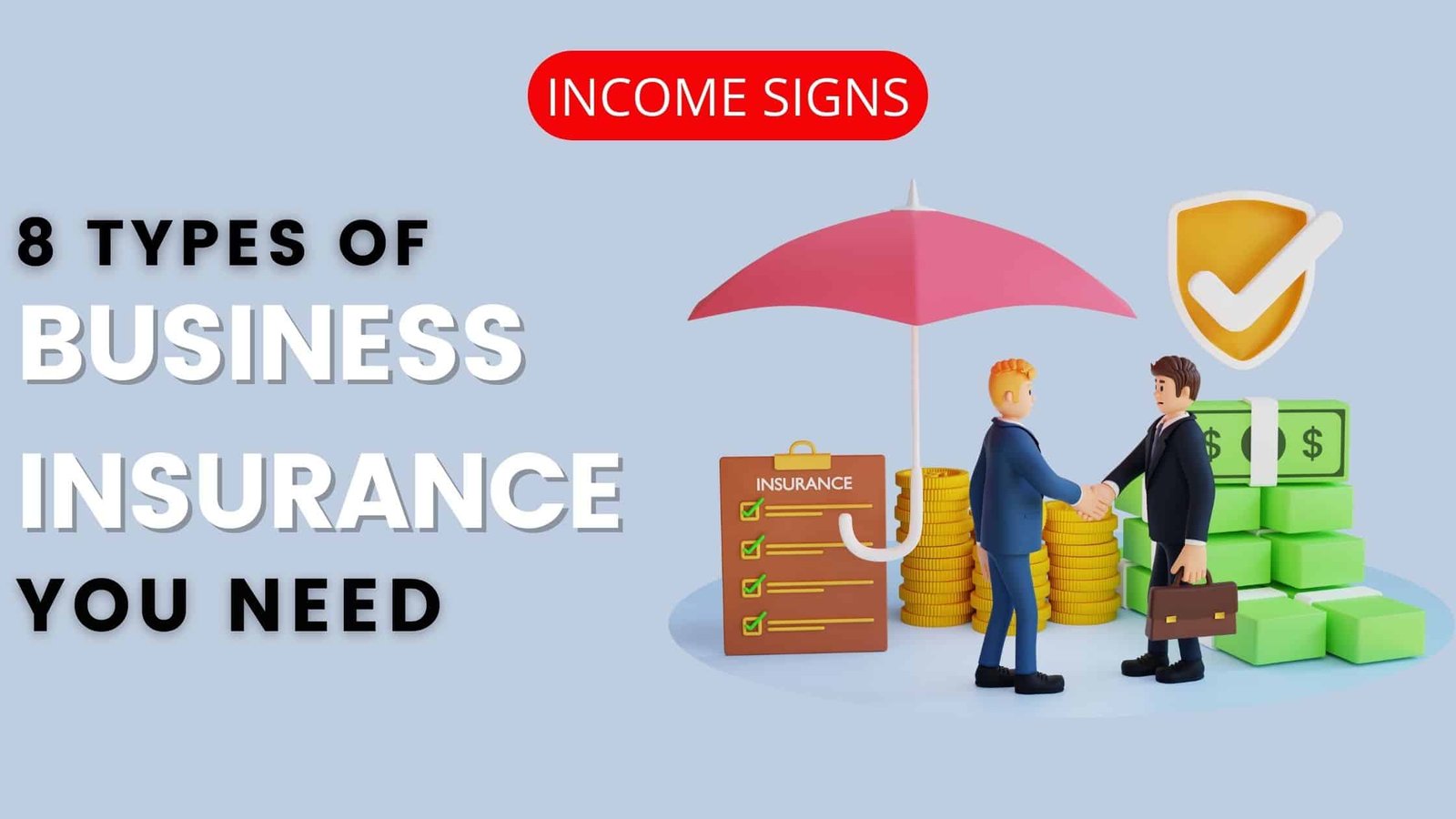What is Business Insurance?
Business insurance is a type of insurance that provides financial protection to businesses from losses associated with potential events such as accidents, natural disasters, and lawsuits. These risks can be significant costs for any business, making business insurance an essential part of any organization’s risk management strategy.
Business insurance is designed to provide coverage for certain risks that are considered to have a significant financial impact on a company or its employees. These coverage areas include property damage, theft, product liability, and other related business liabilities. Insurance policies can also cover the loss of important documents or data in the event of an emergency or natural disaster.
When paired with other strategies such as employee training and disaster preparedness, business insurance can provide businesses with a layer of financial protection against common workplace accidents and unavoidable disasters. Ultimately, business owners should consider all the potential risks their business might face before deciding on the best type of policy for their organization’s needs.
Types of Business Insurance

Business insurance comes in a variety of forms, and policies can be customized depending on the size and type of business. Common types of business insurance include:
General Liability Insurance
When running a business, it is important to have the right insurance in place to protect your assets. One type of insurance that every business should have is general liability insurance.
This insurance provides coverage for third-party claims of bodily injury and property damage. It can also help to cover the costs of legal defense in the event that you are sued.
Many businesses purchase general liability insurance as part of a package policy that also includes other types of coverage, such as business interruption insurance and product liability insurance.
While the cost of general liability insurance can vary depending on the size and type of business, it is an essential expense for any company that wants to minimize its exposure to risk.
Business Interruption Insurance

Business interruption insurance provides coverage for losses due to a disruption in operations caused by events such as natural disasters, power outages, or other unforeseen events.
This type of insurance can also help to cover the costs of relocating operations and any losses associated with that relocation. Business interruption insurance is particularly important for businesses located in areas prone to natural disasters or other unpredictable events.
Product Liability Insurance

Businesses that manufacture or sell products need to protect themselves from the risk of being sued if their products cause injury or damage. This type of protection is known as product liability insurance.
Product liability insurance can help to cover the costs of legal fees, settlements, and damages if a business is successfully sued. It can also provide coverage for recalls and other expenses related to product defects.
Without this type of insurance, businesses would be at risk of financial ruin if they were sued over a defective product. As a result, product liability insurance is an essential part of doing business for many companies.
Workers’ Compensation Insurance

Workers’ Compensation Insurance provides coverage for medical and disability expenses for employees who are injured or become ill in the course of their work.
In most states, employers are required to carry this type of insurance in order to protect their employees from potential workplace hazards.
Workers’ compensation insurance can help to cover the costs of medical treatment, lost wages, and other related expenses in the event that an employee is injured or becomes ill due to their work.
Commercial Property Insurance

If you own a commercial property, it’s important to have the right insurance in place to protect your investment. Commercial property insurance can cover a variety of risks, including fire, theft, vandalism, and weather damage.
It can also provide liability coverage in the event that someone is injured on your property. When choosing a policy, it’s important to work with an experienced agent who can help you assess your needs and identify the best coverage for your business.
With the right policy in place, you can rest assured that your commercial property is properly protected.
Data Breach Insurance

In the wake of high-profile data breaches at companies like Equifax and Target, many businesses are now purchasing data breach insurance. Data breach insurance is designed to cover the costs associated with recovering from a data breach, including expenses such as notification costs, credit monitoring, and legal fees.
It can also provide funding for investigative and forensic services, as well as public relations support. While data breach insurance can be expensive, it can be vital for businesses that collect and store large amounts of customer data.
In the event of a breach, having insurance can help to mitigate financial damages and protect the company’s reputation. As the prevalence of data breaches continues to rise, data breach insurance is likely to become increasingly common.
Commercial Umbrella Insurance

Commercial umbrella insurance is designed to provide protection beyond the limits of your other business liability policies, such as commercial general liability (CGL) or employers’ liability insurance.
It can help cover the cost of judgments and settlements resulting from covered claims, as well as the costs of defending against such claims. In addition, commercial umbrella insurance can provide coverage for certain types of claims that are not covered by your other business liability policies, such as personal injury or advertising injury claims.
While commercial umbrella insurance can be a valuable addition to your business liability protection, it is important to understand that it is not a replacement for your other business liability policies.
Umbrella coverage generally kicks in after you have exhausted the limits of your other liability policies and is designed to fill the gaps in coverage. As a result, it is important to make sure that you have adequate limits on your other business liability policies before purchasing commercial umbrella insurance.
Commercial Auto Insurance

Like any other business, if you use a car for commercial purposes, you need to have commercial auto insurance. This type of insurance covers vehicles used for business purposes, including delivery trucks, company cars, and any other type of vehicle driven for business purposes.
Commercial auto insurance policies are typically more expensive than personal auto insurance policies, but they also provide more coverage. For example, most commercial auto insurance policies include liability coverage in case you damage someone else’s property or injure someone while driving for business purposes.
If you use your personal vehicle for business purposes, your personal auto insurance policy may not cover you in the event of an accident. As a result, it’s important to make sure you have the right type of insurance in place before you hit the road.
Conclusion – Types of Business Insurance
When it comes to protecting your business, insurance is an absolute must. The right type of insurance can provide peace of mind and help you secure your financial future.
The most important types of business insurance include commercial property insurance, liability coverage, data breach insurance, commercial umbrella insurance, and commercial auto insurance.
It’s essential that you understand the types of insurance that are available and make sure you have adequate coverage in place. Knowing which policies to purchase, how much coverage you need, and who should be listed as insured on your policies can help ensure that your business is properly protected.
By investing in the best types of business insurance for your company’s needs, you can ensure that your business is protected in the event of an unexpected loss.
The information provided in this article is intended to be used as a guide only and should not be taken as legal or financial advice. It is important to consult with a licensed insurance professional before making any decisions about which type of coverage is best for your business.
Thanks for reading.
